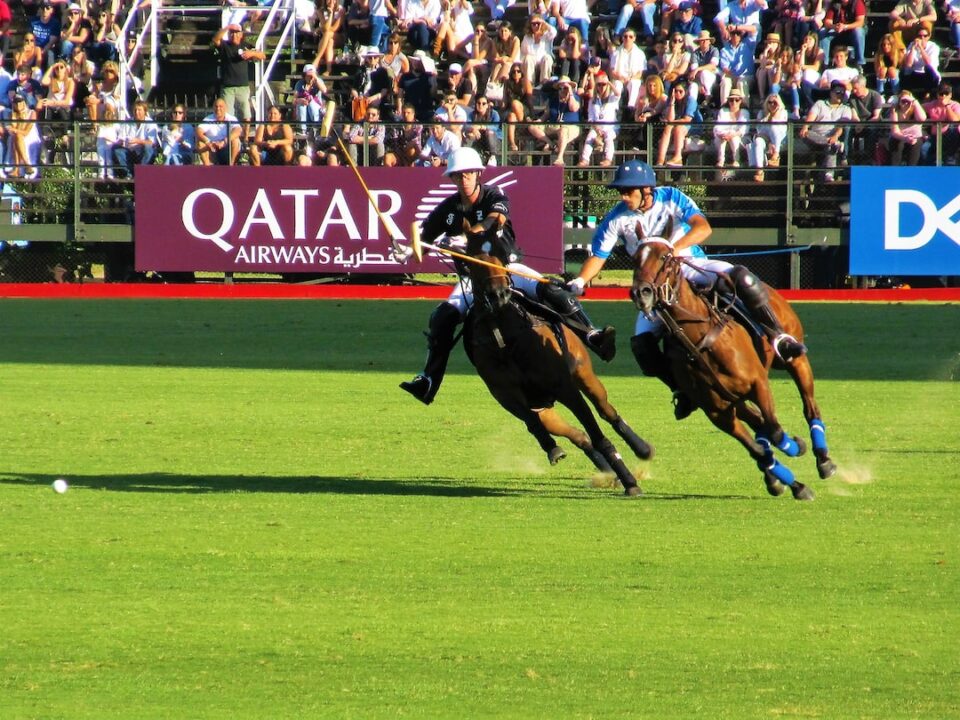The Dark Side of Sports: Doping, Corruption, and Scandal
Sports have always been regarded as a symbol of fair competition, passion, and dedication. Athletes are idolized for their extraordinary talents and considered role models for aspiring athletes and fans alike. However, beneath the glamorous surface of sports lies a dark underbelly marred by doping, corruption, and scandal that tarnishes the reputation of various sports and leagues around the world.
One of the most prevalent issues plaguing the world of sports is doping. Doping refers to the use of prohibited substances or methods to enhance an athlete’s performance unfairly. It is an unethical practice that not only undermines the integrity of sports but also poses significant risks to the athletes’ health. Doping scandals have rocked professional sports, such as cycling, athletics, and even the Olympics.
Perhaps one of the most infamous doping scandals revolved around cyclist Lance Armstrong. Once considered a sports legend, Armstrong’s seven consecutive Tour de France victories were tainted when he admitted to using performance-enhancing drugs throughout his career. This revelation shocked the world, shattered the image of a hero, and raised serious questions about the credibility of professional cycling as a whole.
Furthermore, corruption has also found its way into the realm of sports. Scandals involving bribes, match-fixing, and illegal betting have been uncovered, revealing a network of deception and dishonesty that undermines the essence of fair play. The corruption and manipulation of officials, coaches, and even athletes have resulted in numerous scandals, damaging the reputation of various sporting events.
FIFA, the world governing body of football, has faced numerous corruption allegations, particularly surrounding the bidding process for hosting the World Cup. Investigations revealed a web of bribery and kickbacks which eventually led to the resignation of several high-ranking officials and calls for reform within the organization. These scandals raise concerns about the fairness of the World Cup and the credibility of football’s governing body.
Another high-profile corruption scandal occurred in the International Association of Athletics Federations (IAAF). The federation’s former president, Lamine Diack, and other officials were found guilty of accepting bribes to cover up positive doping tests of Russian athletes. This scandal emphasized the extent to which corruption can infiltrate sports organizations, compromising athletes’ welfare and the fairness of competitions.
Scandals also arise from unethical behavior by athletes themselves. Examples include violent behavior, cheating, and the misuse of personal influence. Take the case of American swimmer Ryan Lochte during the 2016 Rio Olympics. Lochte falsely claimed to have been robbed at gunpoint, tarnishing not only his personal reputation but also the image of his country and the Olympic Games. Such acts bring shame to the sports community and make it difficult for athletes to maintain credibility and integrity.
The dark side of sports extends beyond doping and corruption. Various scandals have emerged involving sexual abuse, harassment, and discrimination, highlighting the vulnerability of athletes, particularly women, within the sports industry. The #MeToo movement reached the sports world, unveiling cases of abuse by coaches, officials, and even teammates. These scandals have shed light on the culture of silence and the need for comprehensive systems to protect athletes from such abuse.
To combat the dark side of sports, proactive measures need to be taken. Enhanced testing protocols and stricter regulations are necessary to deter athletes from resorting to doping. Sports governing bodies should establish independent and transparent bodies to investigate corruption allegations, ensuring accountability and promoting fair competition. Furthermore, education and awareness programs should be implemented to foster a culture of integrity, honesty, and respect within sports organizations.
In conclusion, the dark side of sports, characterized by doping, corruption, and scandal, has cast a shadow on the reputation and integrity of various sports and leagues worldwide. The revelations of doping scandals, corruption in governing bodies, and acts of unethical behavior by athletes have tainted the purity and fairness associated with sports. However, by taking proactive measures and fostering a culture of integrity and transparency, the sports industry can strive to redeem itself and regain the trust of both athletes and fans alike.

